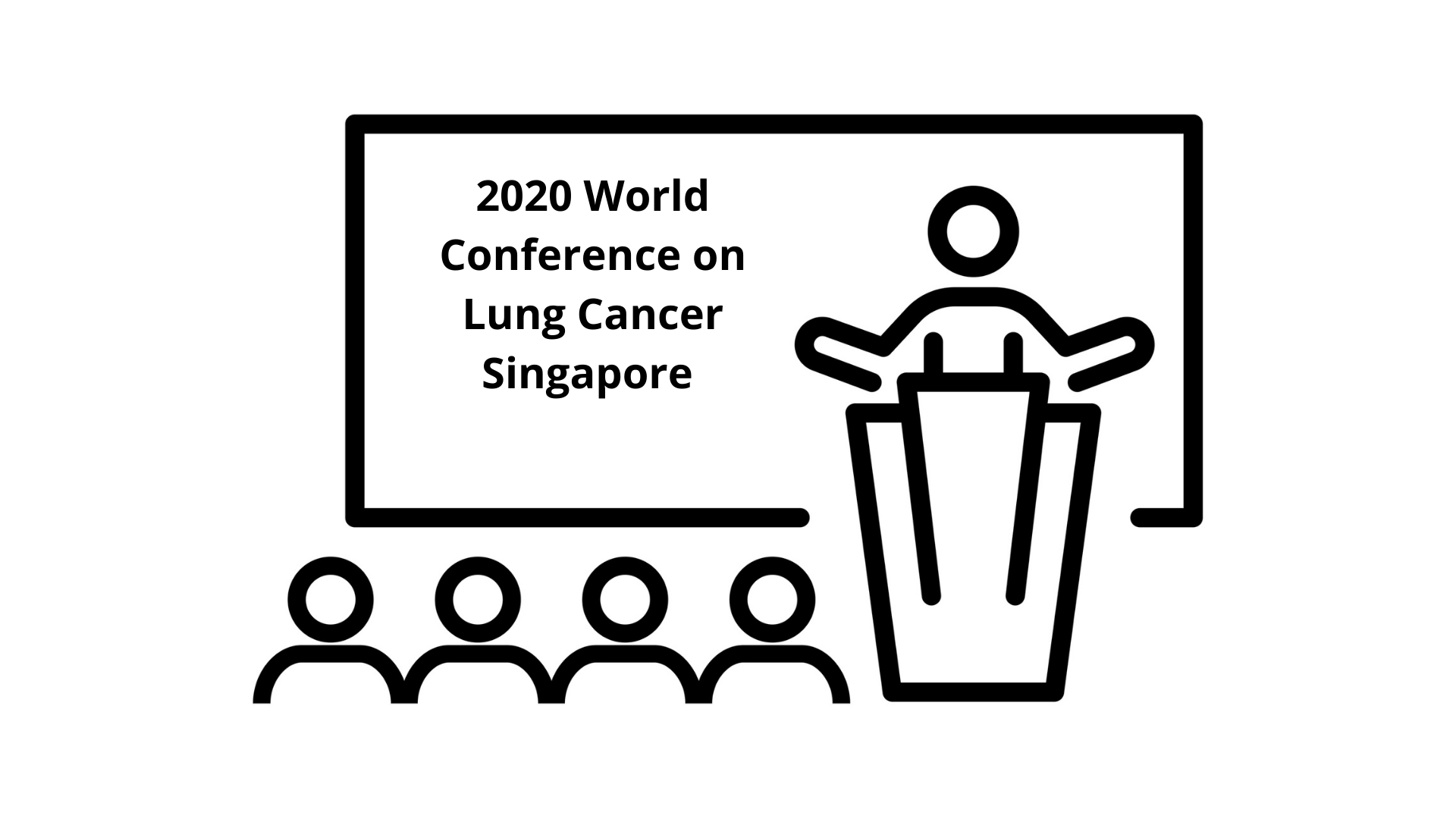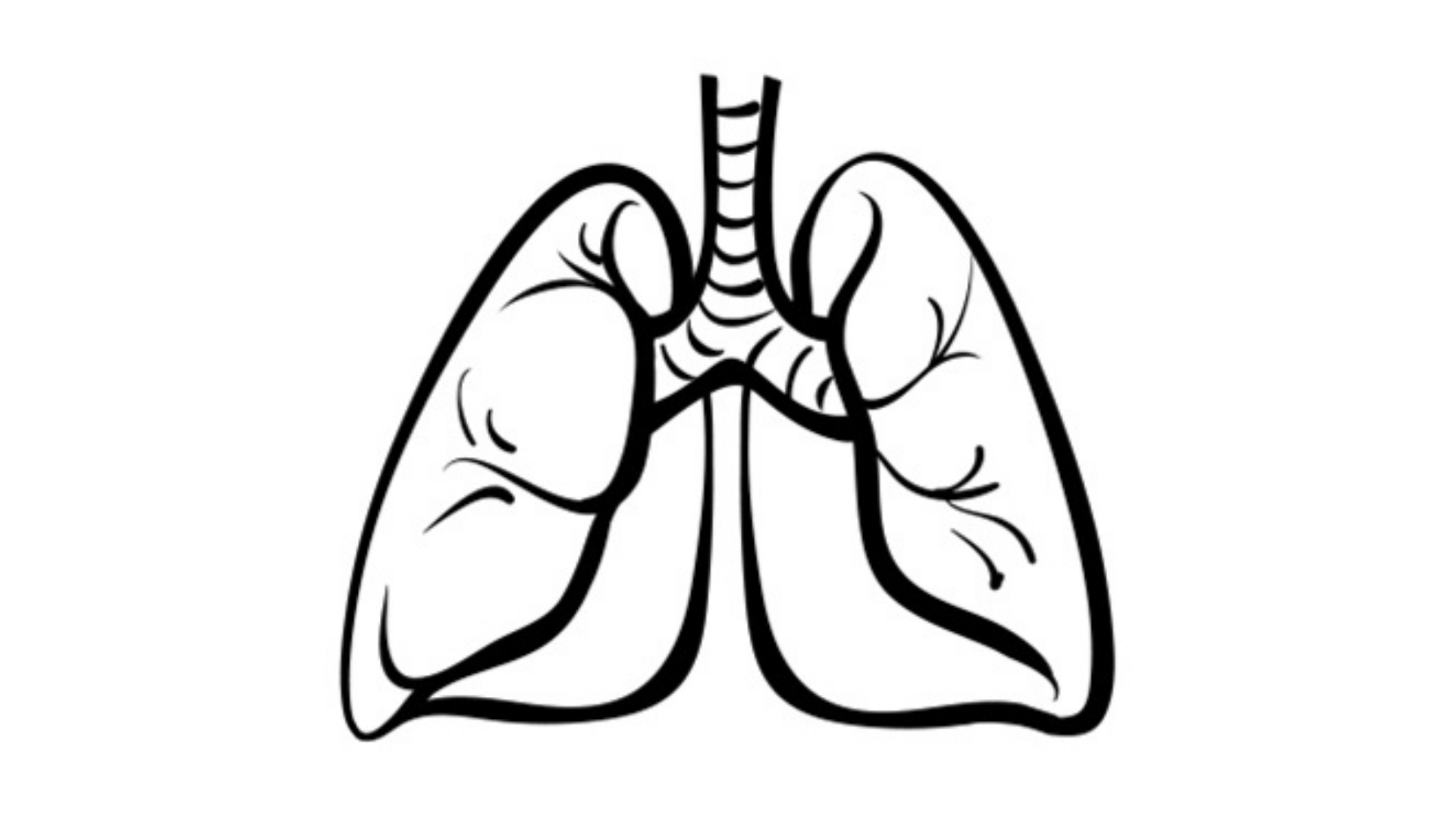
MET-Targeted Therapy
Latest News
Video Series
Latest Videos
CME Content
More News
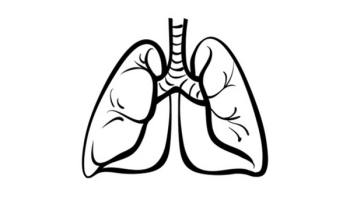
During a Targeted Oncology Case Based Peer Perspective event, John V. Heymach, MD, PhD, discussed the testing methods for non–small cell lung cancer with MET exon 14 skipping mutations. The discussion was based on the case of a 48-year-old woman.

While the remarkable activity of crizotinib as treatment of patients with ROS1 fusion-positive advanced non–small cell lung cancer was confirmed in a recent systemic review and meta-analysis, the efficacy of this small molecular inhibitor remains unknown in patients with MET-altered disease.

The FDA accepted a New Drug Application for tepotinib and granted it priority review for the treatment of adult patients with metastatic non–small cell lung cancer who harbor a mutation that leads to mesenchymal-epithelial transition exon 14 skipping, as detected by an FDA-approved test.
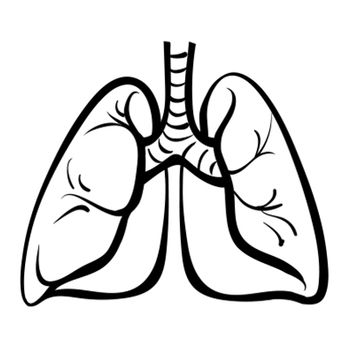
MET amplifications are found in up to 10% of patients with EGFR-mutant NSCLC who progress on first- or second-generation EGFR TKIs and in up to 25% of those who progress on a third-generation EGFR TKIs, necessitating the need for treatment options in the population.
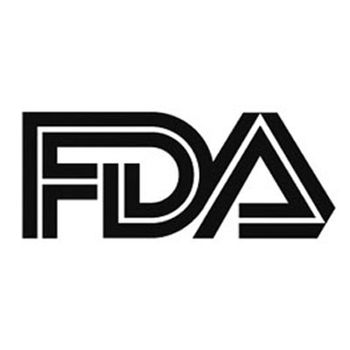
"This simultaneous therapy and companion diagnostic approval marks an important step forward in the treatment of rare cancer and demonstrates how deep collaboration across industry partners can advance patient care.”



